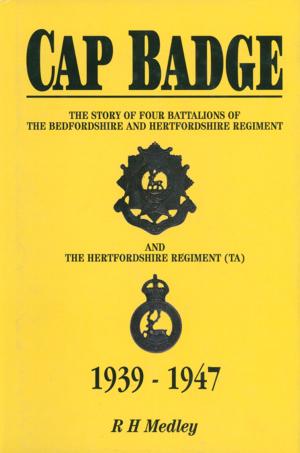The Baby Killers
German Air Raids on Britain in the First World War
Nonfiction, History, Military, World War I| Author: | Thomas Fegan | ISBN: | 9781473818927 |
| Publisher: | Pen and Sword | Publication: | August 5, 2013 |
| Imprint: | Pen and Sword Military | Language: | English |
| Author: | Thomas Fegan |
| ISBN: | 9781473818927 |
| Publisher: | Pen and Sword |
| Publication: | August 5, 2013 |
| Imprint: | Pen and Sword Military |
| Language: | English |
Just over a decade after the Wright Brothers’ triumph of powered flight, the conduct of war was changed for ever. Until the Kaiser’s Zeppelins raided British cities and towns, it had been unthinkable that civilian populations and property hundreds of miles from the battlefield could be at risk from sudden death and destruction.
In the first section of The ‘Baby Killers’ Thomas Fegan charts the precise chronology of the air raids on Britain in this most thorough and fascinating work. From the start-point of the doom-laden prophecies of HG Wells and others, he describes the development of the German threat and the desperate search for answers to it. He analyses public reaction and assesses the effectiveness of the campaign as it progressed from airships to Gotha heavy bombers and, later, ‘Giants’.
The second part of this superbly researched book features a gazetteer to the places bombed. The extent of the list, which includes Edinburgh, Hull and Greater Manchester, will almost certainly surprise most readers. Helpfully there are also comprehensive lists of memorials and relevant museums. The ‘Baby Killers’ provides a chilling insight into an aspect of The Great War which is all too often overlooked. Yet, at the time, these raids, while modest compared with those of the Second World War Blitz, shook national
morale and instilled great fear and outrage. This is an important and highly readable work.
Just over a decade after the Wright Brothers’ triumph of powered flight, the conduct of war was changed for ever. Until the Kaiser’s Zeppelins raided British cities and towns, it had been unthinkable that civilian populations and property hundreds of miles from the battlefield could be at risk from sudden death and destruction.
In the first section of The ‘Baby Killers’ Thomas Fegan charts the precise chronology of the air raids on Britain in this most thorough and fascinating work. From the start-point of the doom-laden prophecies of HG Wells and others, he describes the development of the German threat and the desperate search for answers to it. He analyses public reaction and assesses the effectiveness of the campaign as it progressed from airships to Gotha heavy bombers and, later, ‘Giants’.
The second part of this superbly researched book features a gazetteer to the places bombed. The extent of the list, which includes Edinburgh, Hull and Greater Manchester, will almost certainly surprise most readers. Helpfully there are also comprehensive lists of memorials and relevant museums. The ‘Baby Killers’ provides a chilling insight into an aspect of The Great War which is all too often overlooked. Yet, at the time, these raids, while modest compared with those of the Second World War Blitz, shook national
morale and instilled great fear and outrage. This is an important and highly readable work.















